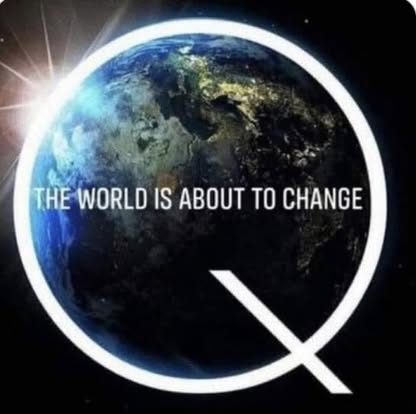
WASHINGTON (TNND) — The first meeting to potentially start trade talks in earnest between the United States and China will be held in Geneva this weekend. The two sides have kept expectations low as President Donald Trump’s ongoing trade war has further damaged relations between the adversarial superpowers.
On Saturday and Sunday, we’ll agree what we’re gonna talk about. My sense is this will be about de-escalation, not about the big trade deal, but we’ve got to de-escalate before we can move forward,” Treasury Secretary Scott Bessent said earlier this week.
Bessent will be joined by U.S. Trade Representative Jamieson Greer in Switzerland. China said it will send its lead on China-U.S. economic and trade affairs, Vice Premier He Lifeng. Bessent will separately meet with Swiss leadership during the trip.
Trump has repeatedly said he would not remove his 145% tariffs on Chinese goods, which have been met by China with 125% tariffs on U.S. goods, in order to get China to the negotiating table. It’s why, on Friday morning, Trump took many by surprise when he posted on social media, “80% Tariff on China seems right! Up to Scott B.”
Later in the day, White House Press Secretary Karoline Leavitt said 80% “was a number that the president threw out there and we’ll see what happens this weekend.”
The president still remains with his position that he is not going to unilaterally bring down tariffs on China. We need to see concessions from them as well,” Leavitt said.
China claimed the meeting was requested by the Americans.
“China is open to dialogue, but any dialogue must be based on equality, respect and mutual benefit. To pressure or coerce China in whatever way simply does not work. We will resolutely safeguard our legitimate interests and uphold international fairness and justice,” Chinese Ministry of Foreign Affairs Spokesperson Lin Jian said in a statement.
Bessent said, “There isn’t a first call. There are a lot of contact points over time.”
Which side will blink first? Which economy can sustain more damage? Trade between the two has essentially halted and consequences have set in on both sides of the Pacific.
In the United States, the stock market has sustained major losses, firms have floundered in uncertainty, companies have raised prices, shipping container traffic from China has plunged and Americans have raised their expectations for inflation and unemployment.
In China, factory activity has declined as the country struggles to fight deflation, despite Chinese officials’ public insistence the economy is thriving.






